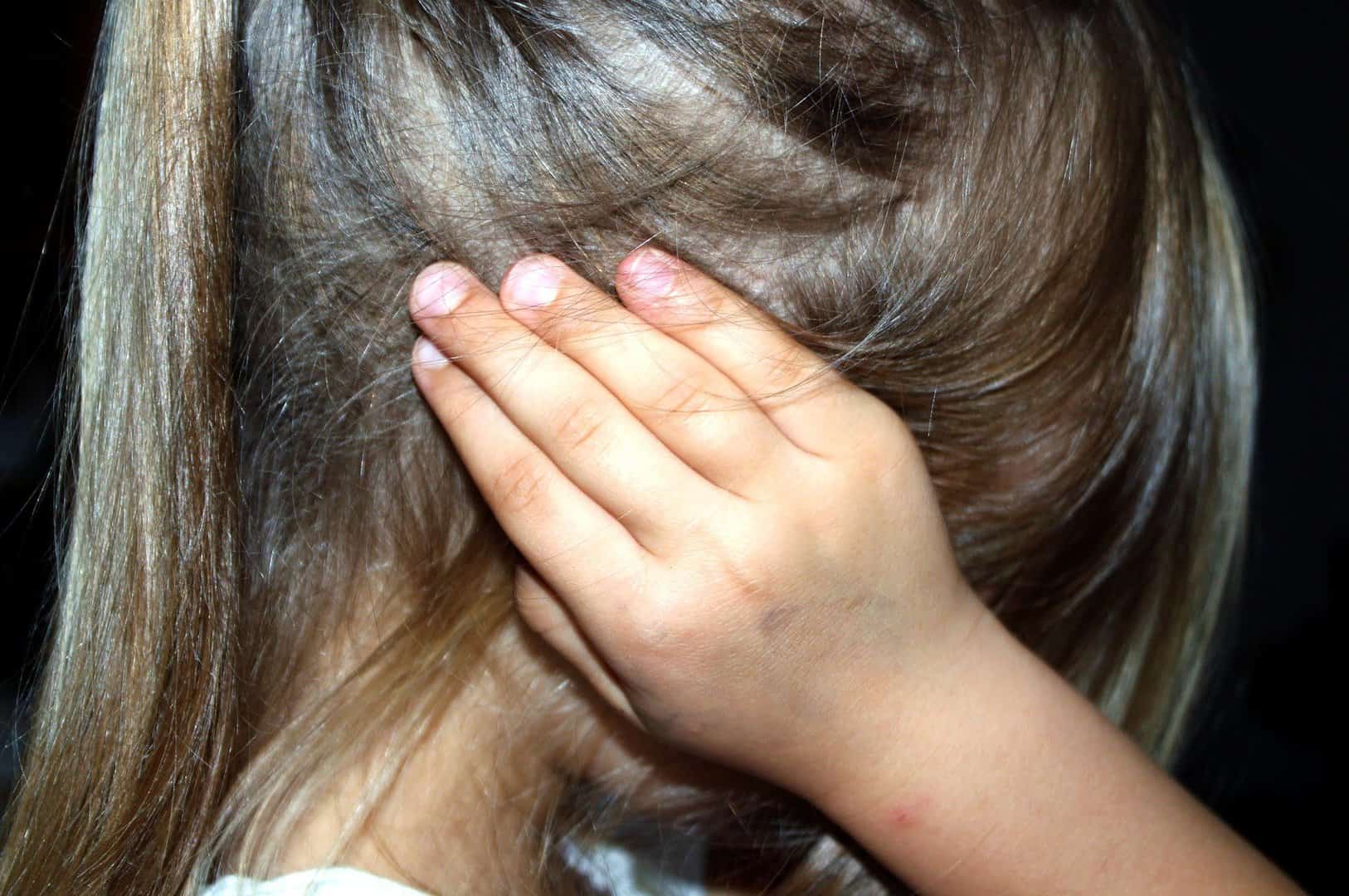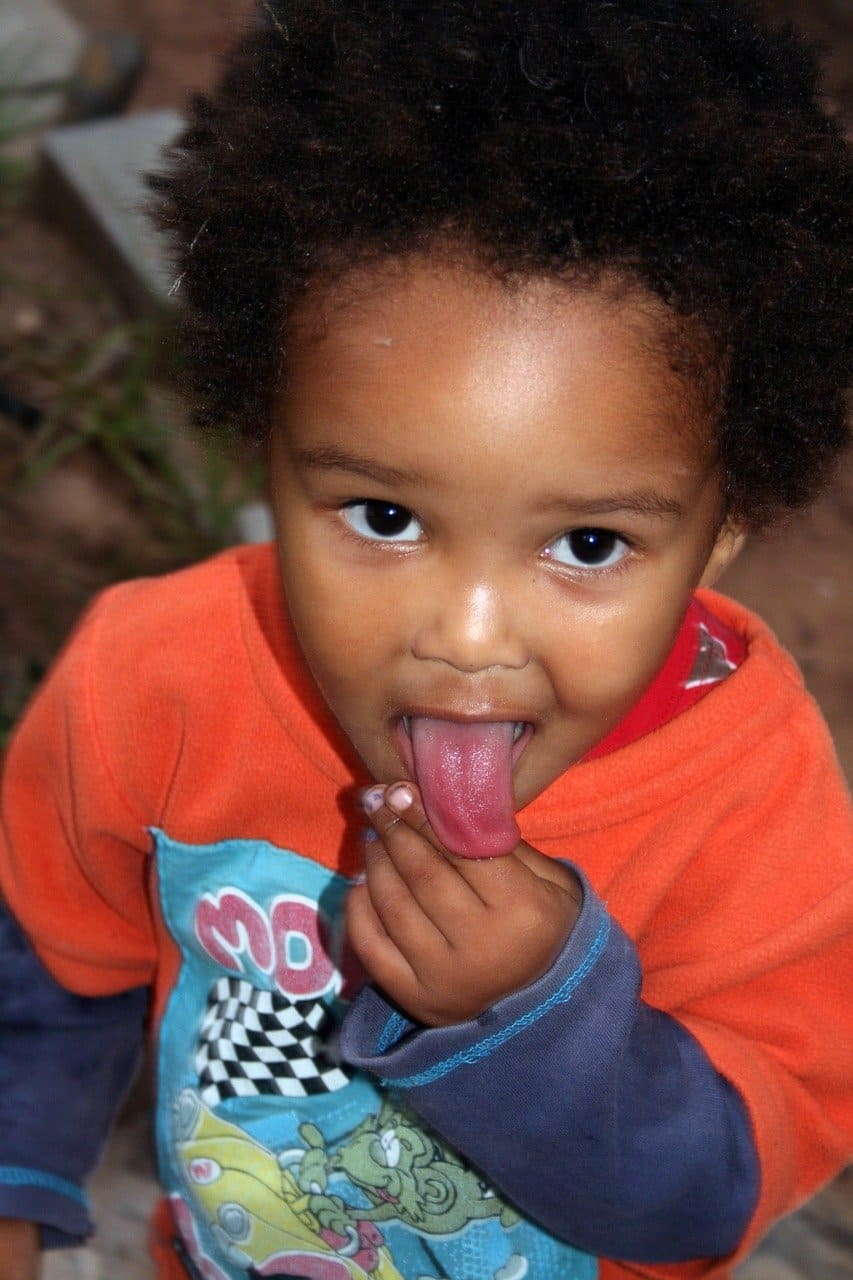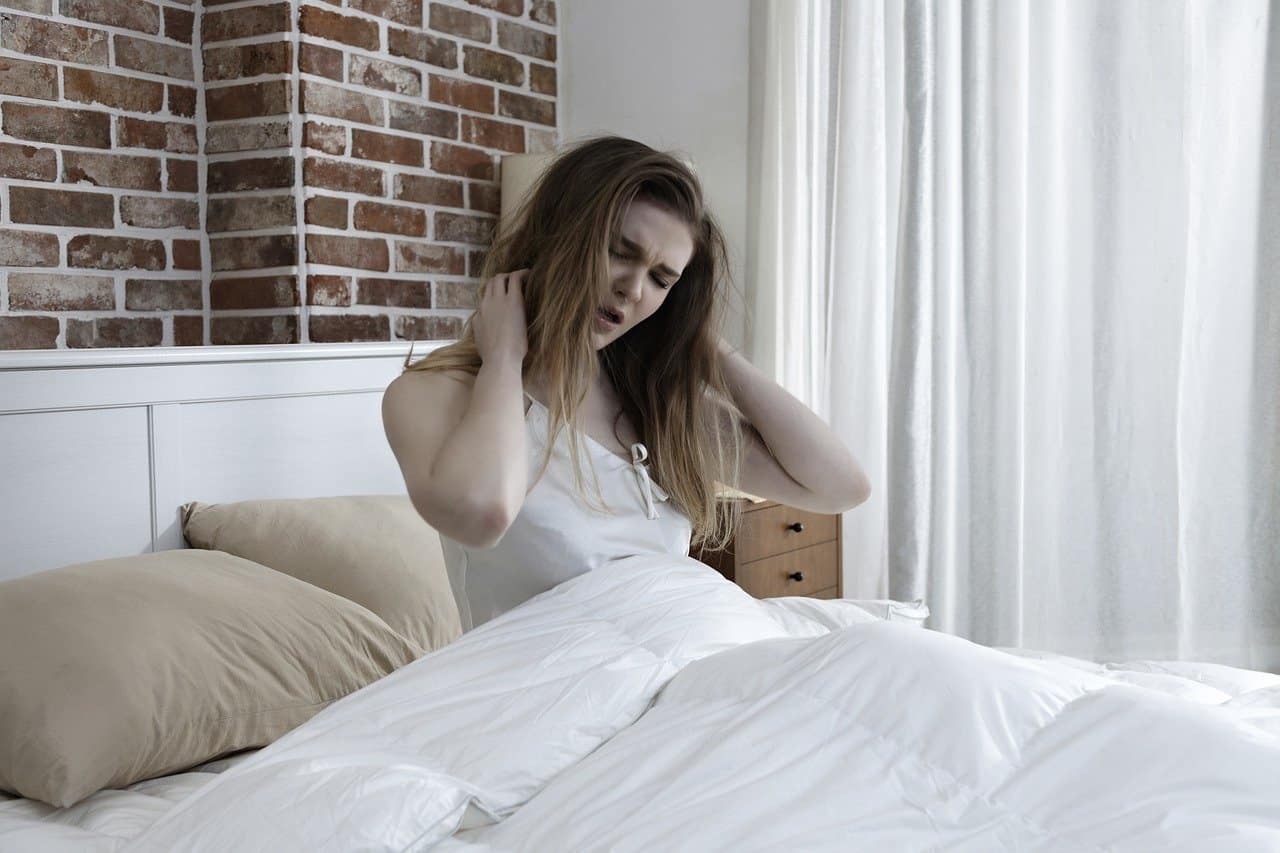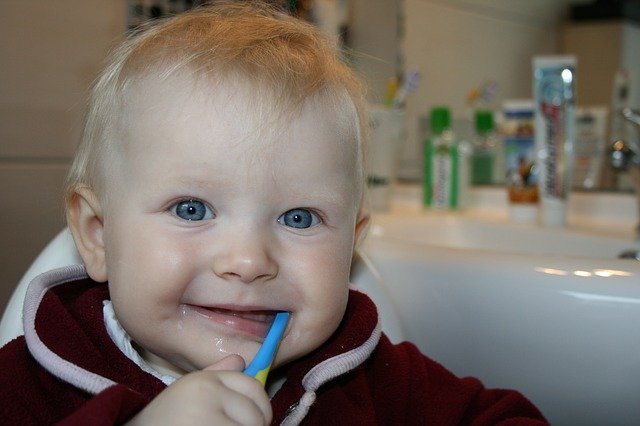Toddler Covers Their Ears When Upset (Sensory Overload)?
A lot of people love music. There is a big chance that you love it too. Many people find music relaxing and would often listen to it at home, work, or school.
We use our sense of hearing to listen to music. Sometimes, our other senses also play a role. We use our sense of sight while watching a music video. Or we use our sense of space when we dance to the rhythm.
Some people take their love for music to different heights. You might be someone who loves concerts, live bands, and raves. You feel energized while jumping up and down to the beat of the tune.
But for others, those places are stressful. The flashing lights, the loud music, and the giant crowd might feel too much. You might be one of those people who feel anxious and disoriented in a crowd like that.
If you are in the latter group, you have experienced a sensory overload. It’s when one or more of your senses are overstimulated to the point of discomfort and overwhelm.
Sensory overload is common for a lot of adults, but it also affects young children. What might look like a cranky act of defiance for parents might actually mean something else entirely.
Parents must address sensory overload in their toddlers for their well-being. We’ll discuss what overstimulation is and how you can calm a toddler down. We will also talk about how to avoid this situation in the future.
Skip To The Following Sections
- What is Overstimulation?
- Symptoms of Overstimulation
- Who Can Experience Overstimulation?
- How To Calm and Help an Overstimulated Toddler
- 1. Stay Calm and Don’t Panic
- 2. Take Your Toddler Out of The Stressful Situation
- 3. Do Something Quiet and Relaxing
- 4. When Your Toddler Has Calmed Down, Help Them Verbalize Their Feelings
- 5. Keep Distance From Triggering Activities and Places
- 6. If They’re Unavoidable, Consider Working With a Specialist
- 7. Visit Your Doctor If You Suspect Any Condition
- 8. Read About Overstimulation From Different Resources
- Are There Treatments for Overstimulation
- Conclusion
What is Overstimulation?
Overstimulation occurs when toddlers are surrounded by stressors that they cannot cope with. These stressors can take the form of sensations, sounds, lights, or activities. Anything that can give anxiety, fear, or irritation can trigger sensory overload and meltdown.
The toddler’s brain acts like a computer, computing everything in its surrounding. But the brain cannot process everything at once. This inability to process information turns to sensory overload, and the brain sends panic signals throughout the body.
For toddlers, overstimulation can happen anywhere. It can be at a party, at the daycare, or even while playing.
When a toddler feels overstimulated, they can feel unrest, uncomfortable, and overwhelmed. They can also be cranky, loud, and reactive. That’s why parents should take their toddlers to a calmer, more familiar environment.
Symptoms of Overstimulation
Reaction to sensory overload differs among children. Some are quicker to react to stimulations than others. So while one activity is fine for one child, it might cause a meltdown to another.
Symptoms can vary from child to child, but there are some overlaps. Some general symptoms include:
- Toddler feels tired and cranky.
- Toddler refuses to do simple tasks, such as picking an object up.
- Toddler is sensitive to objects rubbing on their skin, such as clothing or textile.
- Toddler covers ears when upset.
- Toddler acts hyper and cries loudly.
- Toddler covers eyes as well.
- Toddler cries and is unable to communicate with words.
- Toddler refuses to do their current activity.
- Finally, toddler acts upset and grouchy.
Sensory overload can look like your toddler is throwing a tantrum. But meltdowns are something uncontrolled by the toddler. It also can’t be deterred by any rewards or bribery.
Regardless if it’s a meltdown or a tantrum, parents must still treat the situation with care and patience.
Who Can Experience Overstimulation?
Almost any child can experience overstimulation. However, some conditions may cause toddlers to be more sensitive to stimulation.
One condition that is often linked with overstimulation and sensory overload is autism. Plenty of people on the spectrum can attest that they experience stimulation differently compared to neurotypical people.
Another neurological disorder that can be affected by overstimulation is ADHD. Because stimulations are competing inside the brain, people with ADHD can experience symptoms of overstimulation.
People with mental disorders like anxiety or PTSD can also be more sensitive to stimuli. Overstimulation can also worsen panic attacks and PTSD flashbacks.
Sensory processing disorders similar to fibromyalgia can also lead to overstimulation. Some people with multiple sclerosis also experience sensory overload.
You can read more about conditions linked to sensory overload right here.
How To Calm and Help an Overstimulated Toddler
Unlike adults, toddlers and young children cannot cope with overstimulation on their own. They will need the guidance of a parent or a trustworthy adult.
Here are some steps that you, as a parent, can do to help your toddler. These steps can also guide you on how to avoid these situations in the future.
1. Stay Calm and Don’t Panic
Keep yourself calm and compose when your child starts reacting. It’s important that you, as a parent, stay level-headed. Otherwise, if you get angry or upset, your toddler’s emotions will worsen.
Instead of getting uptight or irritated, breathe in and relax. Once you are composed, gently take your child away from their place. Bring your toddler into a quiet space, like their bedroom or in the car.
2. Take Your Toddler Out of The Stressful Situation
You must put a space between your toddler and their stressors. Trying to calm them down in the same space might trigger them more. Bring them to a safe space with little noise or distraction.
If possible, keep anything noisy out of the way. You can also dim the lights to make their place more tranquil. If you can, give them something comforting, like a blanket.
3. Do Something Quiet and Relaxing
Your toddler will slowly adjust to their surroundings and will start to calm down. Help them more by doing something relaxing. You can snuggle or read a storybook.
4. When Your Toddler Has Calmed Down, Help Them Verbalize Their Feelings
Once you can talk to them, try to communicate with them about their emotions. Ask them gently about what is bothering them. Try to find out what made them overstimulated in the first place.
Letting them talk gives them a feeling of validity and normalcy. It lets them know that their situation is temporary and resolvable. Once you are aware of their triggers, you can keep your toddlers away from them.
5. Keep Distance From Triggering Activities and Places
Try your best to keep your toddlers from anything that is causing pressure or stress. If it’s something avoidable like a party or park, find alternatives for your toddler. Let them have their own space in a gathering or bring them somewhere calmer.
An abundance of activities can also be a source of overstimulation. Limit your toddler’s activity for one day. You can also teach them to tell you when they are tired or unable to do something.
If their trigger is something unavoidable like daycare, try to approach a professional. Specialists can help toddlers better cope with their surroundings and adapt to different environments. They can use child-friendly therapies to help toddlers function while with friends or in school.
7. Visit Your Doctor If You Suspect Any Condition
If you believe that your toddler has any neurological or sensory condition, you can take them to their pediatrician. Sensory overload can be a symptom of conditions like autism or ADHD. If your toddler is diagnosed with a disorder, do your part by being supportive, caring, and educated.
8. Read About Overstimulation From Different Resources
Finally, parents can learn more about other’s struggles through different resources. There are websites, forums, and communities dedicated to people who are sensitive to stimulations. To learn more, visit this article from Healthline right here.
Are There Treatments for Overstimulation
Currently, there are no medications available for overstimulation. Instead, people are taught coping mechanisms and calming rituals to overcome sensory overload. They are also taught to avoid any triggers as much as possible.
For young children, specialists use occupational therapy and feeding therapy. These therapies can help children cope and manage their triggers. Treating conditions can also help lower the chance of sensory overload.
Conclusion
Overstimulation and sensory overload are very stressful, tiring, and even scary. For toddlers and young children, their developing brain can make them more susceptible to meltdowns. While stimulation is good for the brain’s development, too much can be bad.
Sensory overload can look like a toddler is throwing a tantrum. But a sensory overload meltdown is not something a toddler is doing by choice. And unlike tantrums, you cannot persued a toddler in a meltdown with treats or rewards.
That’s why overstimulated children require utmost care from their parents and guardians. If your toddler is going through an episode, you can calm them down by taking them somewhere more quiet and peaceful. Later on, you two can tackle what had triggered them and how to remedy it.
A toddler’s environment is the main factor for overstimulation. How a toddler reacts is based on how sensitive they are to their stimuli. Children with certain conditions are more prone to overstimulation than others.
The good news is that overstimulation and sensory overload are avoidable. With proper care and understanding with parents, toddlers will less likely have future meltdowns. Therapies can also help toddlers cope and overcome their triggers.
In the end, just like music, every toddler can enjoy stimulating activities around them. But while some like to play rowdy and noisy, others prefer something more quiet and mindful.










